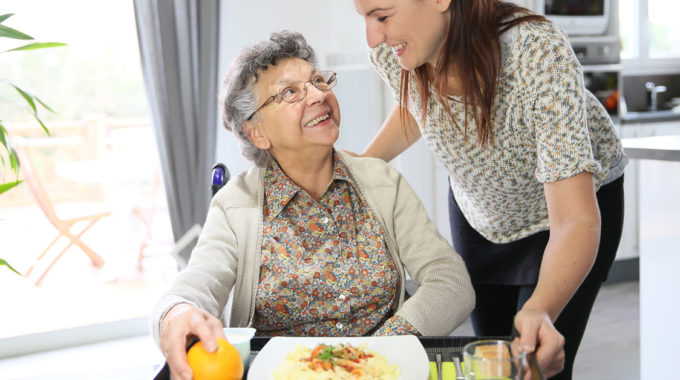
Research Shows Unmet Home Care Needs Risk a Person’s Life
Activities of daily living (ADLs) refer to those things we do every day to keep ourselves healthy and happy. They include preparing food, bathing, getting dressed, moving around the house, taking needed medication, etc. When we are young or don’t have a disability, it’s easy to take these activities for granted. With age, mild dementia, or disability, they can become more challenging. When people need human assistance with one or more activities of daily living, this is sometimes referred to as “home care needs.” People often think of home care needs in terms of quality of life, but research shows it’s a much more serious consideration.
Unmet Home Care Needs and Mortality
A study published in the Journal of the American Geriatrics Society shows a strong correlation between unmet home care needs and increased mortality risk. Joseph Gaugler, PhD, from the University of Minnesota, and colleagues tracked 5,831 patients with dementia. They checked in on these patients for 18 months. During that time, they interviewed the caregivers about needs for assistance with specific activities of daily living. Gaugler’s team asked about eating, bathing, toileting, etc. They found that people who needed more assistance with two or more ADLs have a 37% higher mortality rate.
Unmet Home Care Needs and Institutionalization
In this context, institutionalization means a person had to leave home in favor of a facility with a higher level of care, such as a nursing home. This is generally considered a negative outcome, as most elderly prefer their own homes to nursing homes and other facilities. Gaugler’s team found that people who need more assistance with just one ADL proved 12% more likely to be placed in a facility. People who need more help with two or more ADLs are 77% more likely to be placed in a facility. Interestingly, unmet home care needs were a better predictor of institutionalization than direct tests of mental function or physical ability.
The Importance of Checking for Unmet Home Care Needs
These correlations may stem from a connection between unmet home care needs and increased medication non-adherence, injuries, falls, dehydration, or discomfort. Since there were caregivers in these situations, unmet home care needs may have represented caregiver fatigue. Regardless, considering the strong connection between unmet home care needs, institutionalization, and mortality, home care needs should be checked as part of any assessment of elderly people living at home. Early intervention with non-medical home care services could avoid caregiver burnout, prevent injury, and otherwise make the home a more viable option for seniors and caregivers in need of a little assistance.






